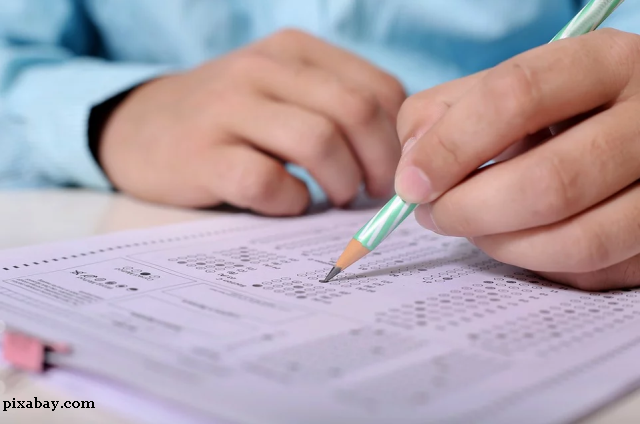The Future of Education
An outlook of the changing educational needs of children

Corina Cristea, 06.12.2019, 14:00
9 out of 10 parents in cities across Romania are currently sharing the
belief that school isn’t actually providing the right training for students to
benefit in their future careers. A poll carried out among 1,000 Internet users
shows that parents aren’t satisfied with the way in which school is presently
training their children for their future jobs, adding that if they were in
charge they would completely eliminate the subjects they consider unnecessary
introducing others that may complete the training of the future adults.
Personal development and creative thinking are subjects over 70% of the
interviewed parents are considering necessary for the future jobs of the new
adults. Among the other subjects parents described as necessary in their
children’s education are good manners, public speaking, leadership, exotic
languages, classroom debates or creative writing. Half of the respondents
believe that robots and technologies are going to replace humans in the
production process and see their children’s future careers as tethered to the
IT sector. Over one quarter of the respondents believe in the future of the
artificial intelligence as strongly related to their children’s future, whereas
less than 25% see their children embracing medicine, constructions or the
entertainment industry. The latest global report on competitiveness, made
public by the World Economic Forum shows that the shortage of qualified work
force and critical thinking proved to be some of Romania’s biggest drawbacks in
2019. Here is now Professor Andreea Paul with more on how we should ready
ourselves for the challenges of the future.
Andreea Paul: For the time being, we can do that whenever we speak about such
realities, under an assumed, objective and pragmatic form. We should not just
complain, but we should also do something about it. We fare neither good, nor
bad. We’re placed somewhere in the middle part of the world rankings. But there
are 50 countries doing this job somehow better than us. The smallest number of
points in all competitive disadvantages is included in this indicator labeled
critical thinking in school, meaning how do we teach our children to ask the
question why? How do we talk our children into challenging the system around
them, the life around them, the subject matters, people’s mindset, how they
perceive the different realities around them and, furthermore, what is their
own answer to the question which is the added value they can bring to this
world as compared to previous generations or as compared to other colleagues of
the same age?
In the age of digital technology, the education of tomorrow needs new
skills and abilities to answer the challenges of a world facing more and more
threats. To be able to keep up with all these changes, Romania needs to switch
from traditional to modern teaching methods, which should promote skills,
know-how and a flexible mindset. For some time now several schools have set up
the so-called Smart Labs. They contain interactive whiteboards, 3D printers and
scanners and educational robots. The functioning of these labs however means
teachers need to have the proper training too, Andreea Paul, one of the
developers of the project, told us.
Andreea
Paul: Children are fast learners, they immediately pick up the gist of these
smart devises. Drawing on a 3D software is as easy as drawing on a sheet of
paper, pencil in hand. But the same is not true of the teaching staff. Half of
teachers are reluctant towards these labs. The others however understand the
need for digital literacy and technology, which look into the future. Being
digitally literate is as important as being able to read, write and do simple
math, being functionally literate overall.
Romanian students got the poorest
results in the last nine years in the latest PISA tests, an international
student assessment mechanism that places emphasis on the skills needed in
personal and social life and on the labour market. The tests didn’t necessarily
show what the students know but how they can apply what they know in concrete
situations. The report also shows that the educational needs of 15-year-olds
have changed and that teachers must face this challenge. Intelligent digital
education is required, says professor Andreea Paul:
Andreea Paul:
This means understanding the interaction between intelligent devices. I’m
referring to computers, interactive whiteboards, 3D printing, VR headsets and
3D scanners and how these can be put to use in the subjects taught in school.
Every subject must be visualised. Then comes virtual reality. A pair of VR
glasses helps you visualise the red globule in the veins, turns you into a
virtual tourist in space, travelling to the Saharan desert, the Great Wall of
China, the Amazon, it helps you travel anywhere in this world. It can help a
child learn geography, physics, chemistry, visualising the atom, which is a
difficult concept to grasp.
Let’s bring theory and practice
together, says professor Andreea Paul, so that children can touch, create, ask
and feel confident to say to their teachers that they don’t agree with them.






























